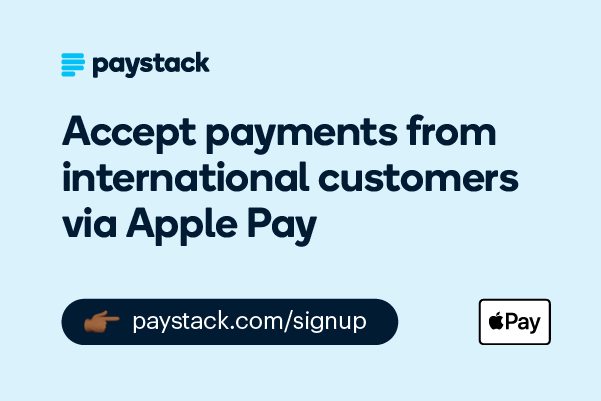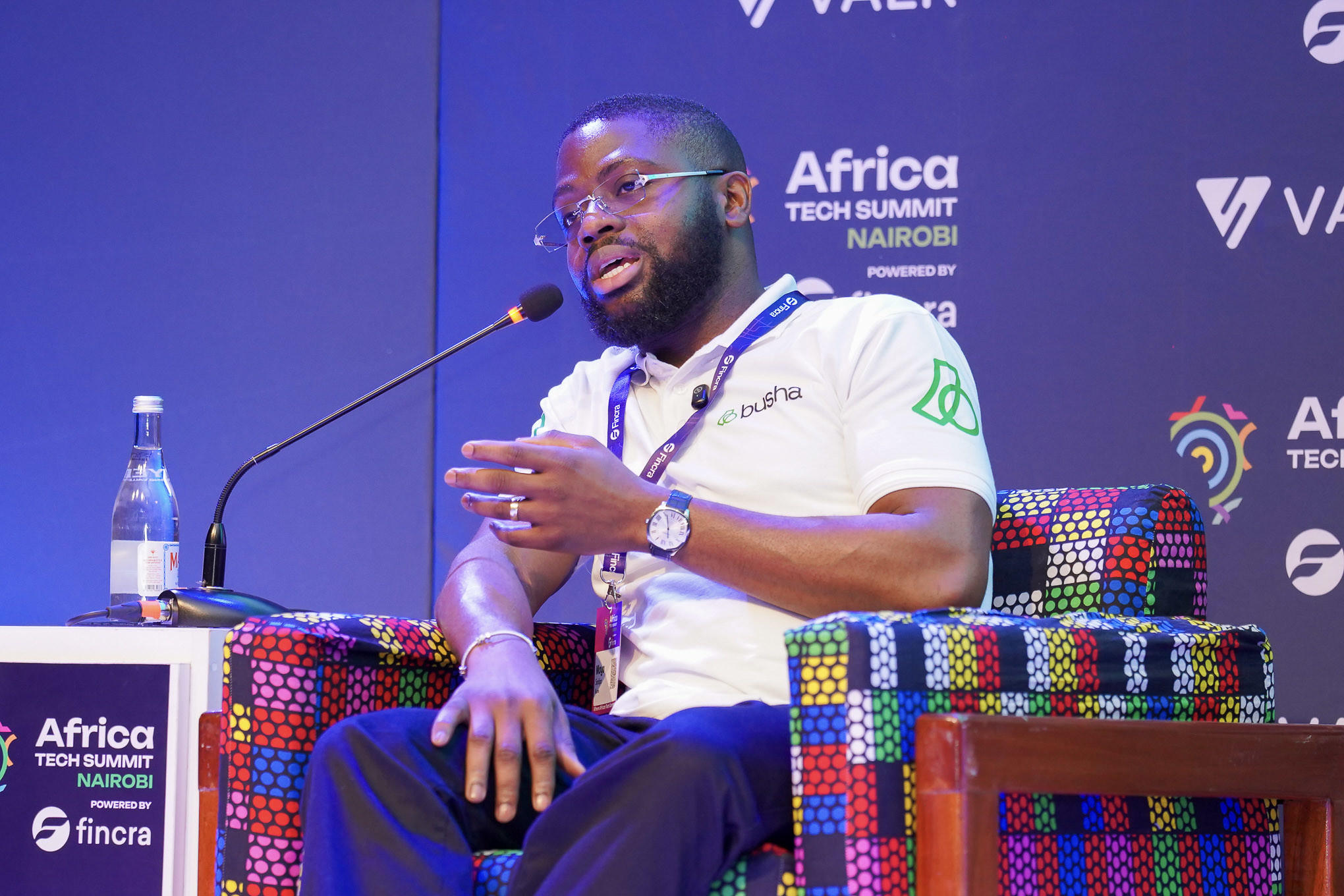
IN PARTNERSHIP WITH

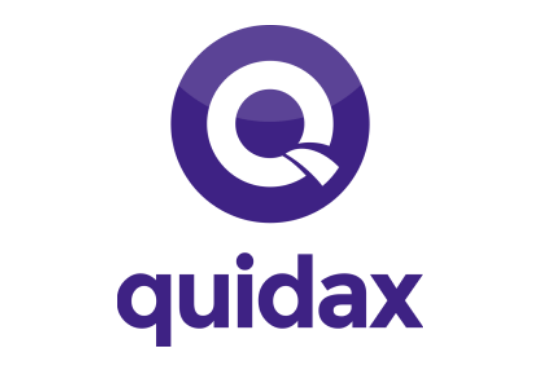
South Korea’s presidential candidate, Lee Jae-myung, will be accepting Bitcoin and Ethereum as part of campaign donations.
Donors will receive an NFT receipt with the candidate’s photo and campaign promises.
Jae-myung has been a huge advocate of cryptocurrency, and this latest effort will gain him more support from younger voters.
This is the first time in history that cryptocurrency will be part of campaign donations.
In today’s edition
- Africrypt investors want the Cajee brothers charged
- Telkom goes after spectrum license auction again
- FedaPay gets funding
- Opportunities
AFRICRYPT INVESTORS WANT THE CAJEE BROTHERS CHARGED
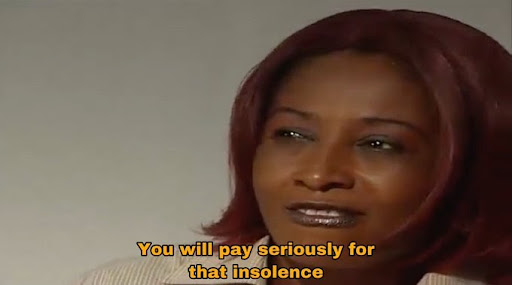
Despite a mystery benefactor paying off the lost funds, a group of investors are pushing for charges against the Cajee brothers, Ameer and Raees Cajee, who are accused of running a cryptocurrency scam in South Africa.
Remind me, what happened?
The Cajee brothers started Africrypt, a cryptocurrency investment platform, in 2019 with Ameer, aged 18, as COO and Raees, aged 21, as CEO. In April 2021, Africrypt employees lost access to the back-end of the platform, and Ameer Cajee informed investors that the platform had been hacked. He also asked them not to report the issue to law enforcement.
Some investors ignored this request and contacted Hanekom Attorneys law firm, who in turn contacted the Hawks, the South African special police unit. But efforts to track down the brothers proved impossible as they had gone into hiding.
The missing crypto was about 69,000 in coins and was said to be worth over $3.6 billion at that time. It is still considered one of the biggest crypto scams ever.
In November 2021, the Cajees reached out to investors with a proposal. A mystery investor had offered to bail out the company in exchange for 51% of Africrypt shares and intellectual property rights on the condition that all charges against the Cajee brothers be dropped. The bailout amount was $5 million (R77 million) which would come to 70% to the rand of money invested by each investor and not the billions lost in investment.
What’s going on now?
Now, despite some payouts already happening, some investors are pushing for charges of fraud, theft, and money laundering against the brothers through Durban-based Coast to Coast Special Investigations, and a warrant could be issued for their arrest soon if the relevant authorities decide to press charges.
The Cajees were not prosecuted because crypto assets were not legally considered as financial products in South Africa, but the country is making some changes to its crypto regulatory framework, and things could be very different for the brothers in the near future.
TELKOM GOES AFTER SPECTRUM LICENSE AUCTION AGAIN

South African telecommunications company, Telkom, has once again filed court papers to stop the upcoming spectrum auction.
The Independent Communication Authority of South Africa (ICASA), had previously issued temporary spectrum licenses to Vodafone, MTN, Telkom, and 3 other companies at the start of the COVID-19 outbreak. This was to help them improve connectivity and meet the surge in data demand as a large part of the workforce shifted to working from home (WFH) and remote work. ICASA had plans to auction long-term spectrum, hoping that the telecom companies would return their temporary bandwidth in November so the auctioning process could begin.
Side-bar: Spectrum is essential to telecommunications as cellular network operators use radiofrequency waves to communicate between mobile devices and towers.
The three companies—MTN, Vodafone, and Telkom—had previously taken the communications authority to court to halt the previous auction which it planned for 2021. They argued that the withdrawal of temporary spectrum would have detrimental effects on their network performance and the data needs of customers. MTN also argued that the withdrawal would pose a risk to lower-income South Africans and students who had been enjoying free access to over 1,000 websites.
The auction was previously halted as ICASA challenged the lawsuit but it was scheduled to begin again in March 2022, with ICASA issuing an Invitation to Apply (ITA).
Now, Telkom has once again taken the authority to court over its handling of the auction process. Telkom has issues with: the intended spectrum caps by ICASA; the fact that spectrum in the 700MHz and 800MHz bands is still not available; the unfair competitive landscape which was not taken into account when the auction rules were made; and the decision to separate and delay the auctioning of licensing for the national wholesale open-access network (WOAN) which is intertwined with the spectrum license bidding process.
ICASA has withheld valuable spectrum resources for 15 years and telecom operators are desperate to get access to additional spectrum to expand their broadband networks.
Accept international payments from your customers in the USA, UK, Canada, and 60+ countries using Pay with Apple Pay.
👉🏾 Create a free Paystack account to get started.
This is partner content.
FEDAPAY GETS FUNDING
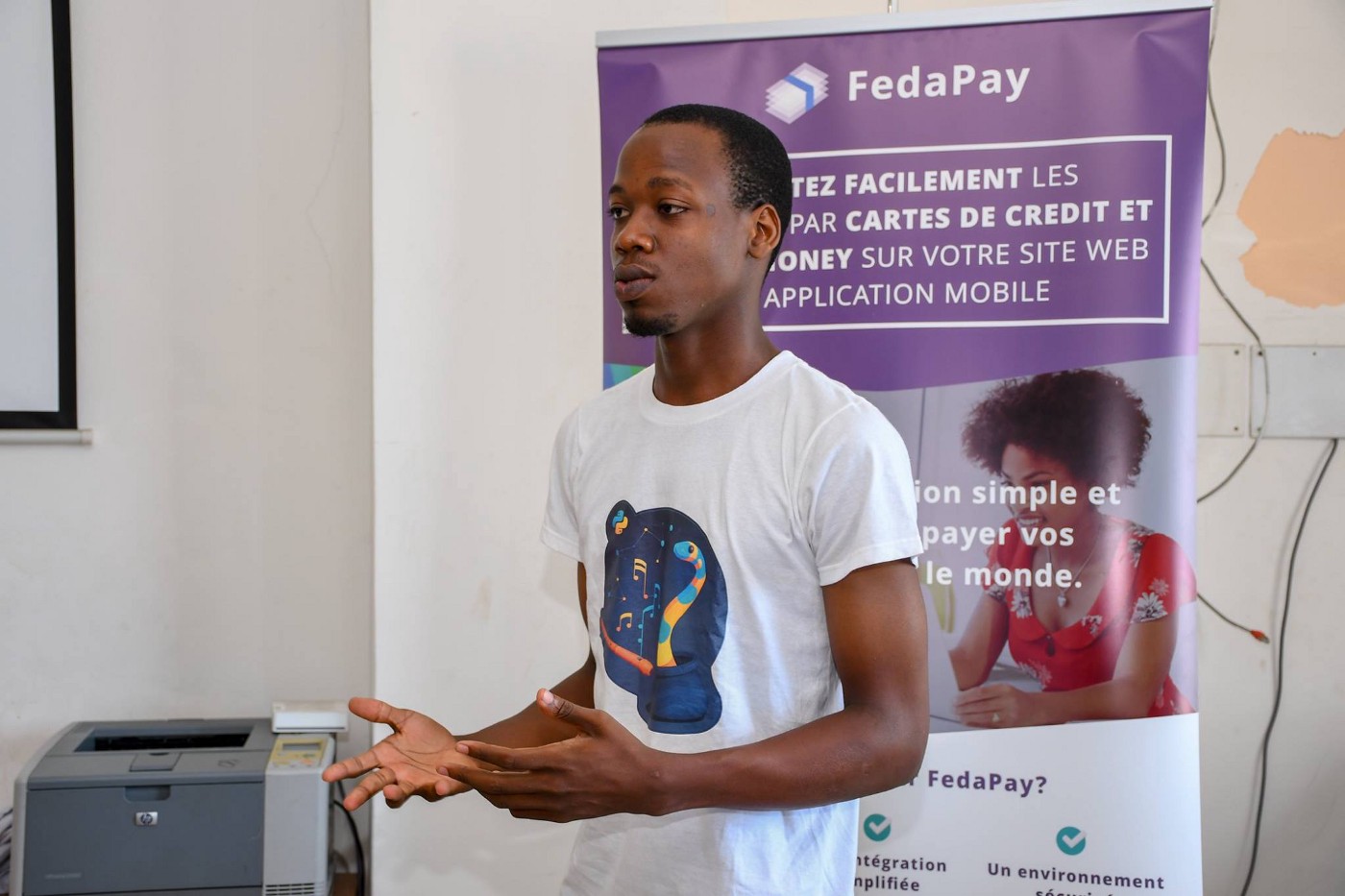
Beninese fintech startup, FedaPay, has secured its first funding from the Benin Business Angel Network (BBAN).
FedaPay is a payment solutions aggregator that helps businesses accept money transfers via mobile money and bank cards using a single payment gateway. It was launched in Benin in 2018 by Hermann Aguessy and Boris Koumondji and has since expanded its services to Niger.
FedaPay provides financial services through the following services: Feda Direct, a platform used to accept payments from anywhere in the world through secure links from a phone or computer; Feda Commerce for e-merchants; Feda Connect, a customer relationship management tool; and Feda Give a platform for accepting donations.
FedaPay hopes to improve financial inclusion on the African continent and become the PayPal of Africa. Our commitment to providing pan-African service is priceless and your trust is the only reason we keep moving forward,” said Boris Koumondji in a statement.
Quidax is an African-founded cryptocurrency exchange that makes it easy for you to access Bitcoin and other cryptocurrencies. They also make it possible for Fintech companies to offer cryptocurrency services to their customers.
This is partner content.
OPPORTUNITIES
- Blockchain startups in Zimbabwe and Egypt have been invited to apply for the Africa Blockchain Incubation Programme. Accepted applicants will go through a 4-month exclusive workshop and training, mentoring, business coaching and development, and community events. They will also get access to investors and Blockchain experts.
- The 2022 TWAS-Fayzah M. Al-Kharafi Award is open for nominations. The annual award recognizes women scientists from Scientifically and Technologically Lagging (STL) countries and carries a cash award of $4,000. Nominations are welcome from TWAS members, science academies, national research councils, universities, and scientific institutions in developing and developed countries.
- Google for Startups Africa is now open to applications. This three-month virtual accelerator is a seed to Series-A programme that brings together Google’s best programmes, technology, people, and products, and pairs them with technology-focused startups that use machine learning and AI in their companies currently, or plan to do so in the future. Selected startups will be required to outline the top challenges facing their startup, and will be paired with relevant experts from Google to help solve these problems. This opportunity comes with equity-free support, mentoring, design, marketing and leadership training, and access to Google’s network of industry experts.
- Startups from Kenya, Nigeria, and South Africa are invited to apply for KTN Global Alliance Africa’s waste management challenges. These challenges are part of the Global Alliance Innovation Exchange programme which introduces problem-solving innovators with working solutions to companies with specific challenges. The 5 challenges come with a €25,000 (US$34,000) reward in seed funding.
What else we’re reading
- Here are the most popular Wikipedia articles for every day in 2021.
- What are the best shows coming to TV in 2022?
- Toyota dethrones General Motors to become America’s top-selling automaker in 2021.
- The Indian government has blocked a Telegram channel that targeted Hindu women.









